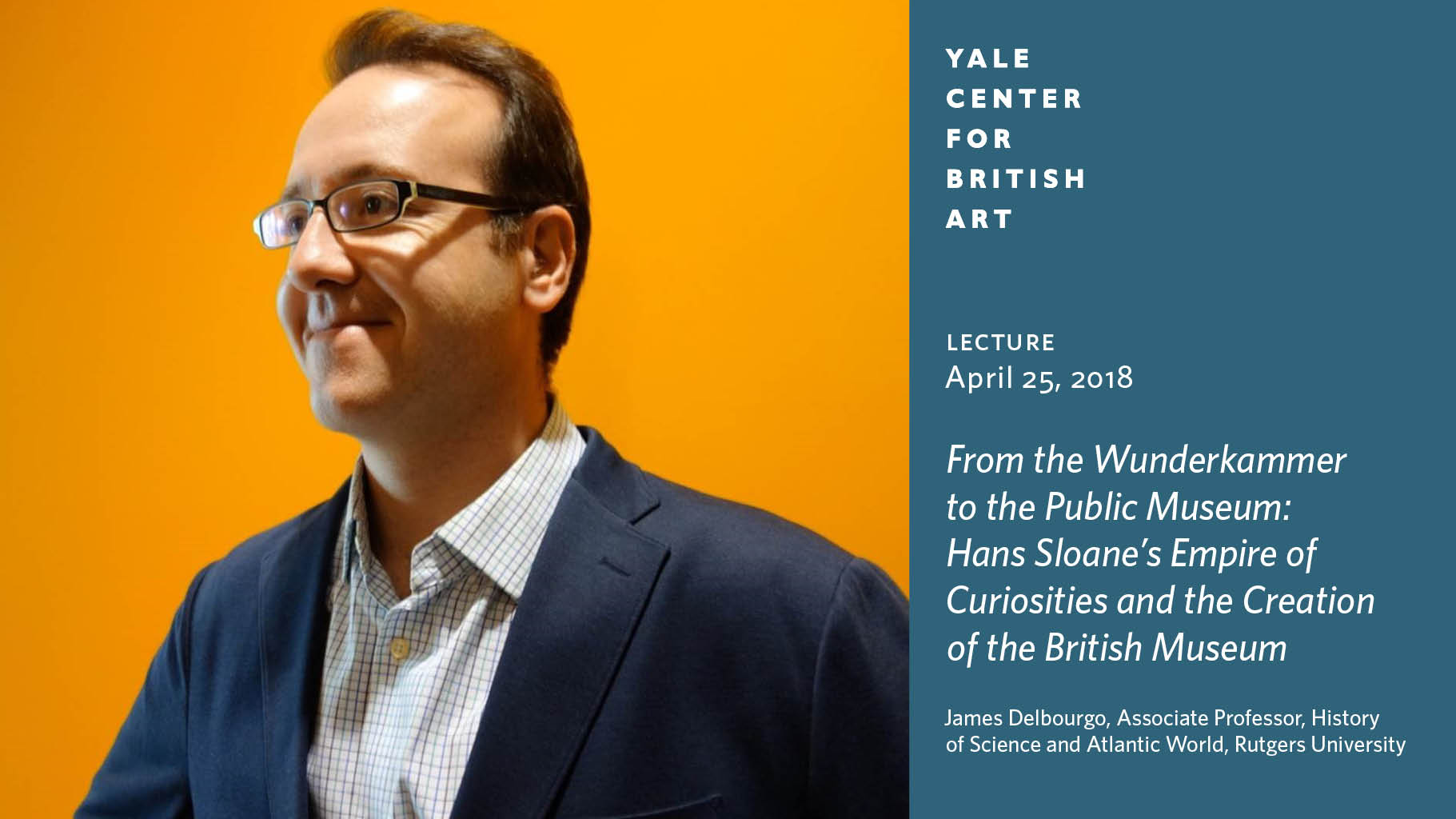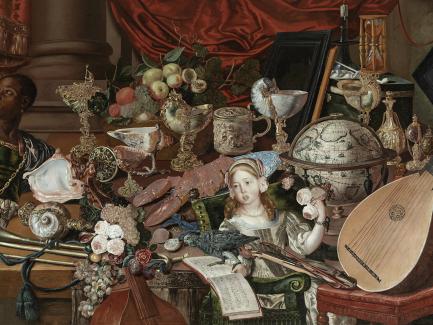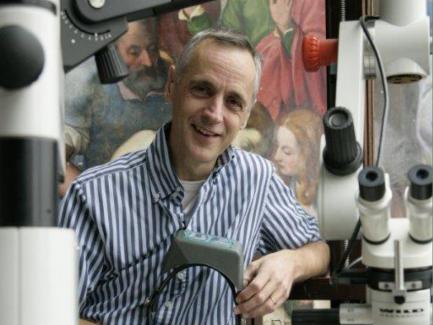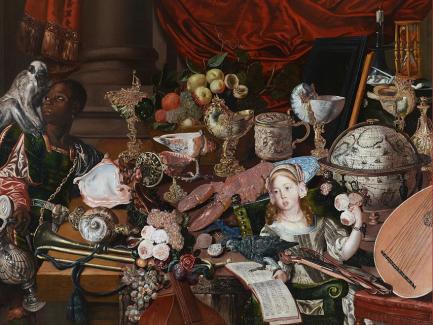From the Wunderkammer to the Public Museum: Hans Sloane’s Empire of Curiosities and the Creation of the British Museum
Lecture
April 25, 2018
James Delbourgo, Associate Professor, History of Science and Atlantic World, Rutgers University
In 1759, the British Museum opened its doors for the first time—the first free national public museum in the world. But how did it come into being? This lecture examines the life of the museum’s founder, Sir Hans Sloane. Born in 1660, Sloane amassed a fortune as a London society physician, and through the exploitation of plantation slavery in Jamaica, he assembled a “universal” collection of specimens and objects—the most famous cabinet of curiosities of its time, which became the foundation of the British Museum. The little-known life of one of the Enlightenment’s most controversial luminaries offers a new story about the beginnings of public museums through their origins in encyclopedism and imperialism.



